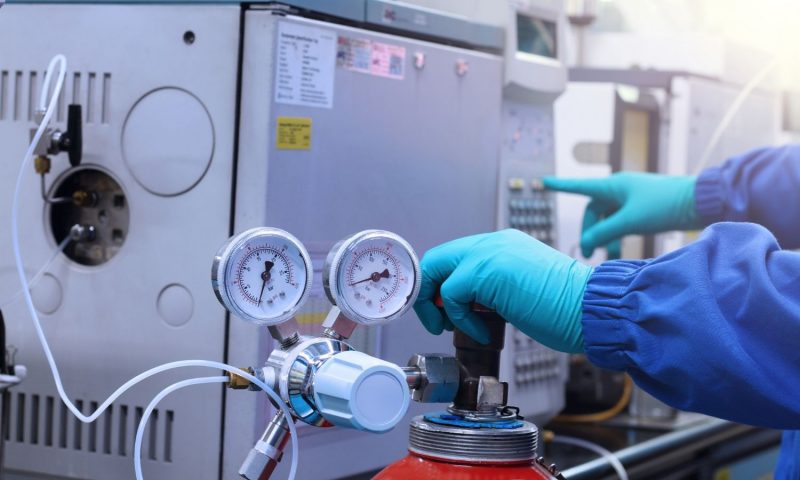Technicians need accurate data to do their jobs well, but how do scientists ensure that measurements are accurate? Here’s a quick explanation.
Every measurement device used in scientific and business contexts provides valuable information to technicians. However, these devices are fallible and could give incorrect readings. How do scientists ensure that measurements are accurate?
Setting the Standards
The scientific method relies on cold, hard facts and logical analysis to find the answers to complex questions. But these methods often require the reliability of devices and technology along the way. Reliability, accuracy, and precision are central to the scientific method. Without these methodological pillars guiding the way, scientists can lose their way amid an array of data. Methodical record-keeping is meaningless without accurate data.
Testing the Test
When it comes down to it, technicians must use many quantitative tests to tell if their machines work properly. These specialists must know the machine’s inner workings to test the test, especially since many of these scientific instruments operate in highly technical industries.
For example, factories with smokestacks require detectors to analyze the vapors emanating from the facility. To determine whether dangerous gases are escaping into the atmosphere, they must use calibration gas to set the mechanism. This way, the detector can evaluate the exact volumes and types of gases that pass through.
Recording It Right
SI units are the foundation of scientific measurements. A comprehensive list of numerals and measurement standards, SI units enable scientists across industries and continents to communicate. When scientists record mass, volume, length, or light, they all refer to the standard units of measurement. Accuracy depends on this common scientific language so everyone can understand each other and make meaningful strides forward in the scientific community.
The next time you wonder, “How do scientists ensure that measurements are accurate?” you’ll have a reference in your pocket. Whether for a science quiz or a professional project, a firm grasp of the scientific principles underpinning day to day can help you out tremendously.
